Ensuring the safety and efficiency of trucking operations is paramount. The Department of Transportation (DOT) regulations play a crucial role in maintaining these standards. Trucking companies must adhere to these regulations to avoid penalties and ensure the safety of their drivers and others on the road.
What Are DOT Regulations?
DOT regulations are rules and guidelines established by the U.S. Department of Transportation to govern the operation of commercial motor vehicles (CMVs). These regulations cover a wide range of aspects, including driver qualifications, vehicle maintenance, hours of service, and safety protocols. The primary goal is to ensure the safety of drivers, passengers, and the general public, as well as to promote fair competition within the industry.

The Importance of Compliance
Compliance with DOT regulations is not just about avoiding fines and legal issues. It is fundamentally about ensuring safety and efficiency in trucking operations. Non-compliance can lead to severe consequences, including accidents, increased liability, and a tarnished reputation. Moreover, maintaining compliance helps in building trust with clients and partners, and can even lead to better insurance rates and more business opportunities.
What Are the 5 Most Important DOT Regulations for Trucks
Navigating the complexities of DOT regulations for trucks can be challenging, but understanding and implementing the key requirements is crucial for maintaining compliance and ensuring the safety of your operations.
1. Hours of Service (HOS) Regulations
What it is: HOS regulations limit the number of hours a driver can operate a CMV to prevent fatigue-related accidents. Drivers are required to maintain a logbook, either manually or electronically, to track their driving hours.
Implementation: Ensure all drivers are trained on HOS regulations. Utilize electronic logging devices (ELDs) to automate tracking and ensure accuracy. Review logs regularly to identify and correct any discrepancies.
2. Driver Qualification Files (DQF)
What it is: Trucking companies must maintain DQFs for each driver, including records of their commercial driver’s license (CDL), medical certifications, driving history, and any training or drug testing results.
Implementation: Create a standardized process for compiling and updating DQFs. Conduct regular audits to ensure all required documents are current and complete. Use a digital document management system for easy access and organization.
3. Vehicle Maintenance and Inspection
What it is: Regular maintenance and inspections are mandatory to ensure that all CMVs are in safe operating condition. This includes pre-trip and post-trip inspections, as well as periodic maintenance checks.
Implementation: Develop a comprehensive maintenance schedule and checklist. Train drivers and maintenance staff on proper inspection procedures. Keep detailed records of all inspections and maintenance performed on each vehicle.
4. Drug and Alcohol Testing
What it is: DOT regulations for trucks require pre-employment, random, reasonable suspicion, and post-accident drug and alcohol testing for drivers to ensure they are not impaired while operating CMVs.
Implementation: Establish a clear drug and alcohol testing policy—partner with a certified testing provider to conduct tests. Maintain strict confidentiality of test results and follow up on any positive tests with appropriate disciplinary actions and support programs.
5. Hazardous Materials (Hazmat) Regulations
What it is: Special regulations apply to the transportation of hazardous materials, including proper labeling, packaging, and handling procedures to prevent accidents and ensure public safety.
Implementation: Train all relevant personnel on Hazmat regulations and safe handling practices. Ensure proper documentation and labeling of hazardous materials. Conduct regular safety drills and audits to verify compliance.
Compliance With ATC
Adhering to DOT regulations for trucks is critical for trucking operations’ safety, efficiency, and success. By understanding and implementing these five essential regulations, trucking companies can ensure compliance, enhance safety, and build a solid reputation in the industry.
ATC provides the highest standards in compliance and safety. Discover a new level of convenience and efficiency with our comprehensive services, ensuring you have all the necessary titles, registrations, and permits.
Contact us today to experience the convenience, efficiency, and peace of mind that comes with partnering with ATC.













